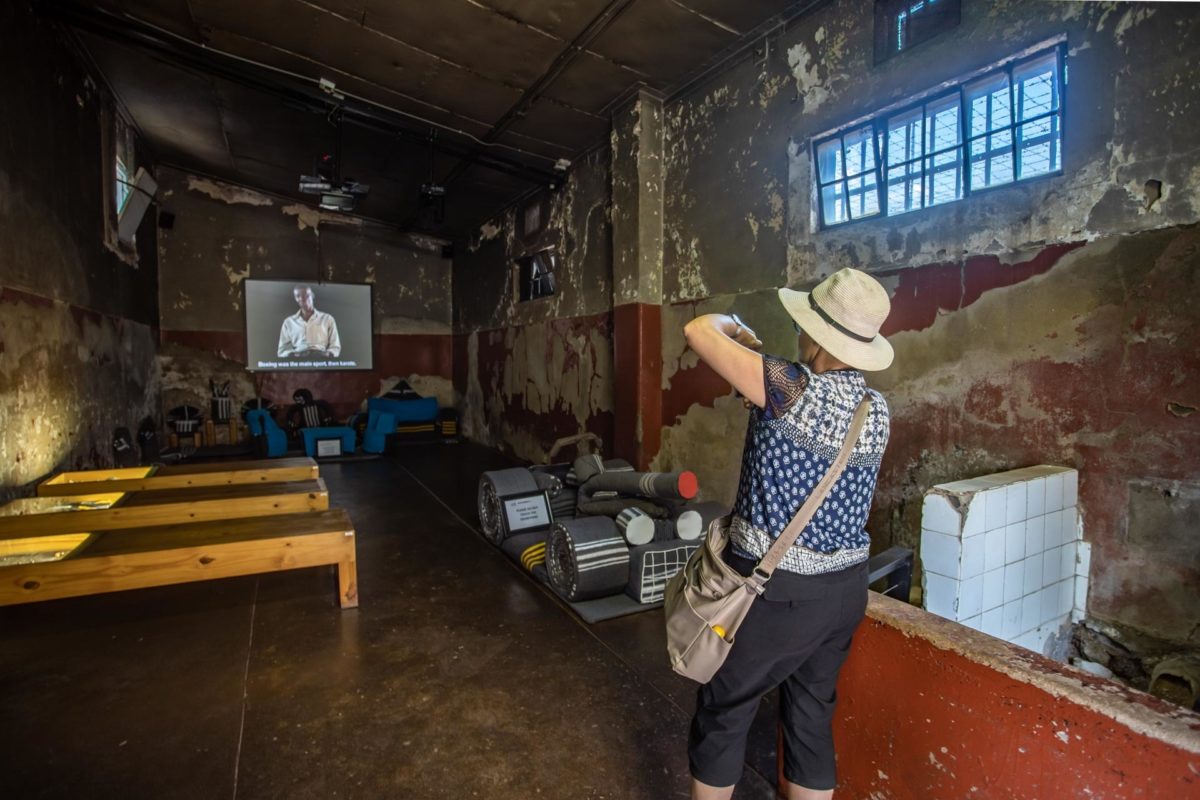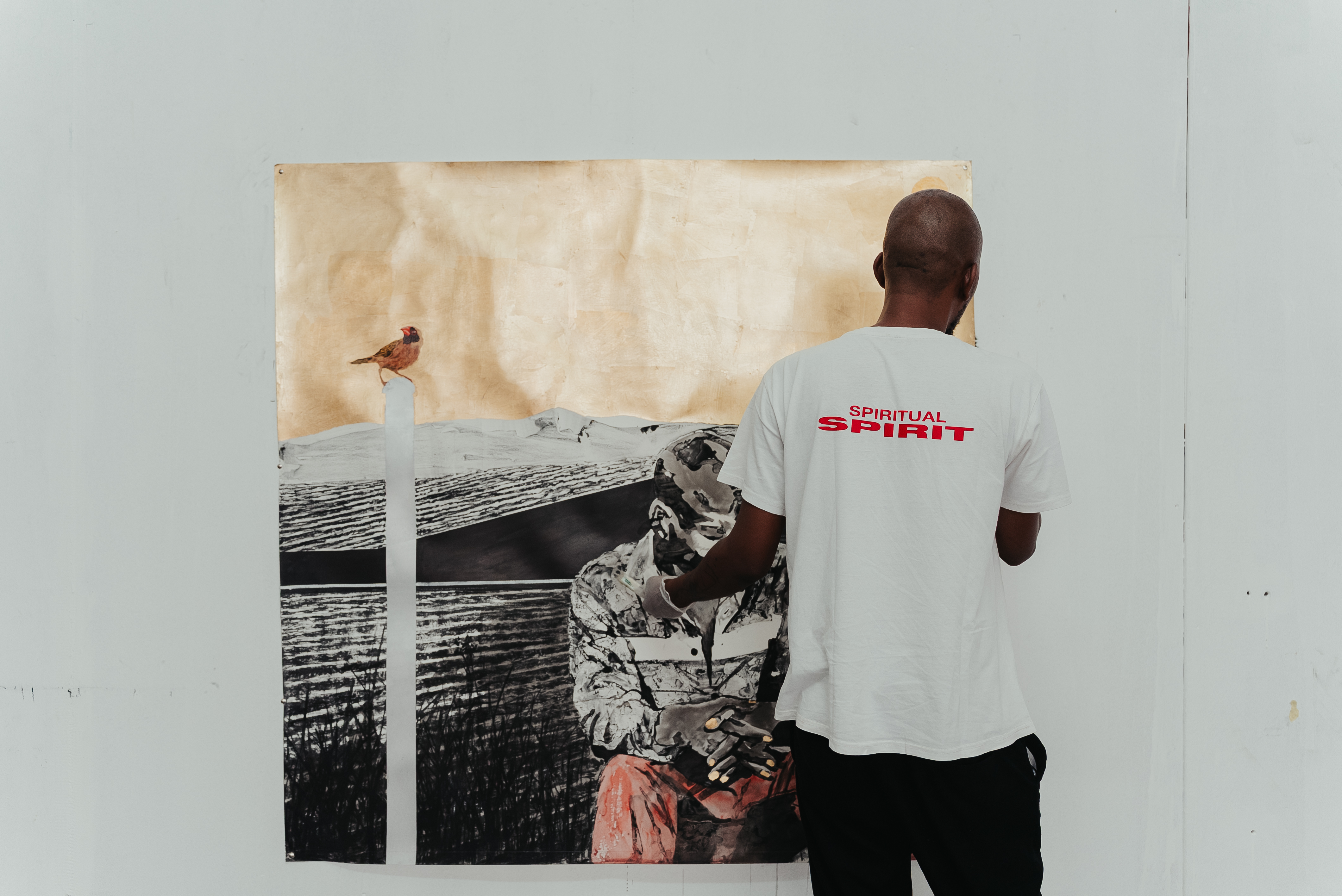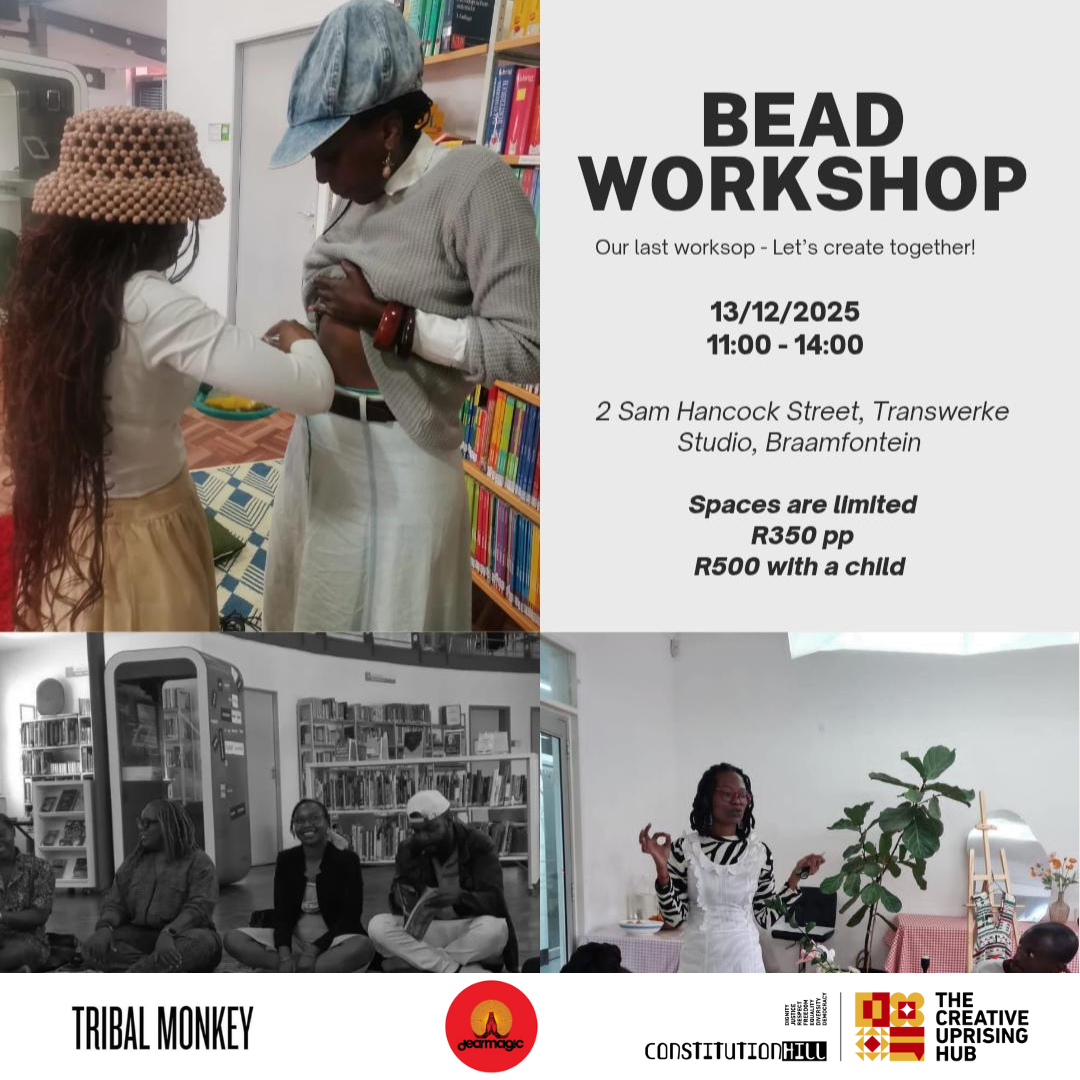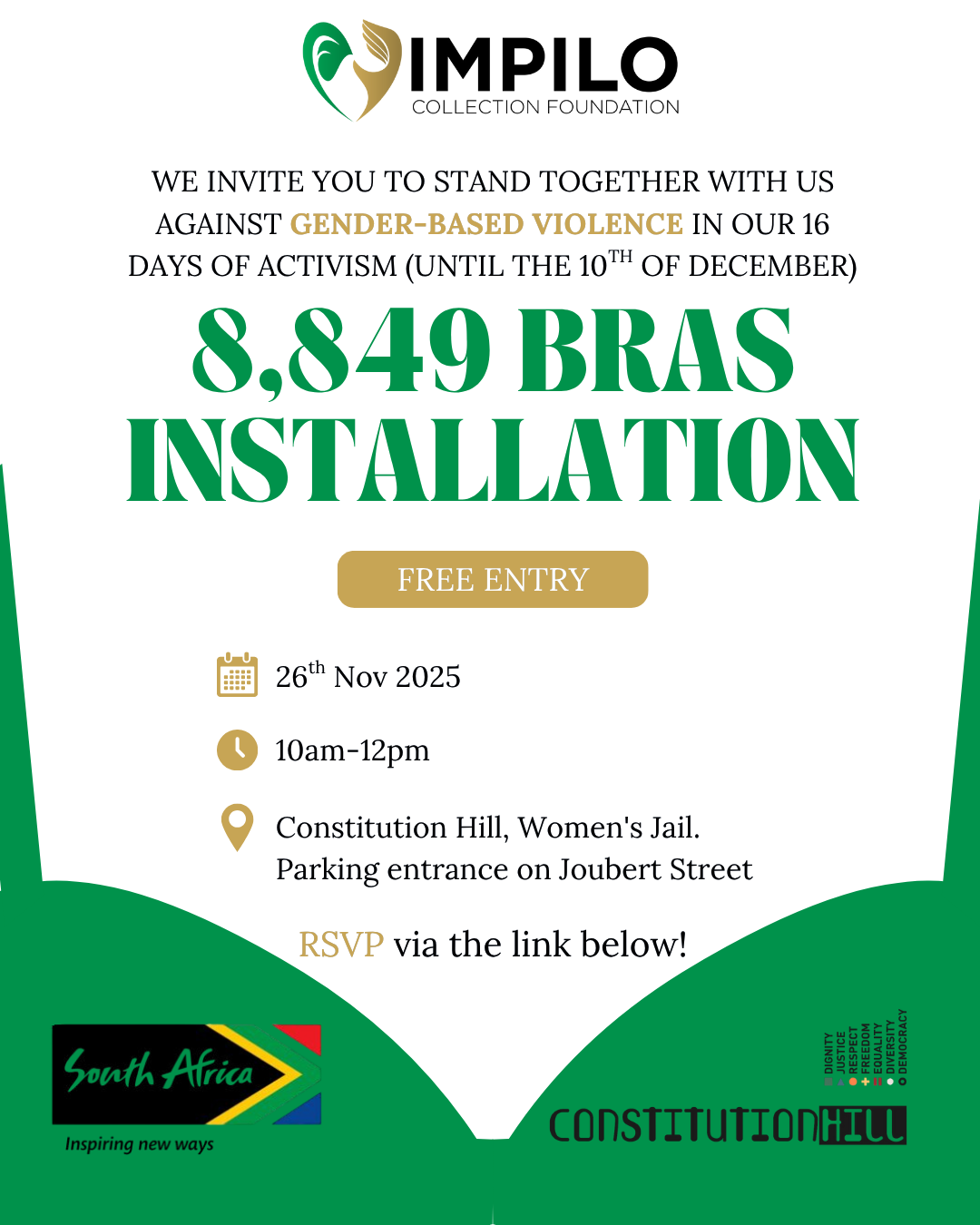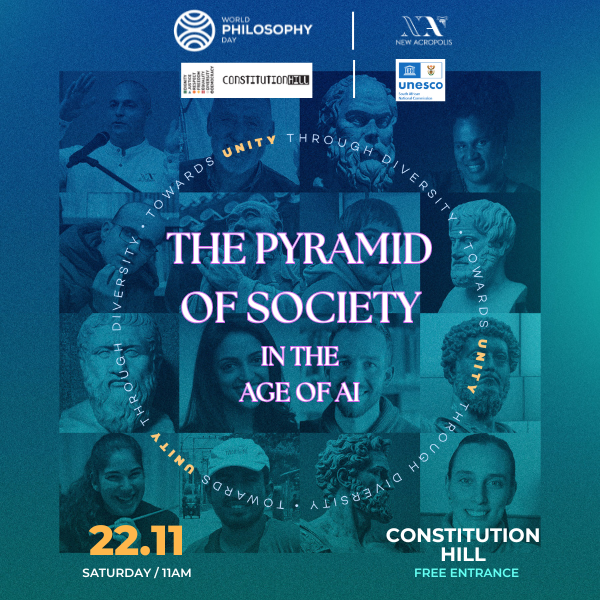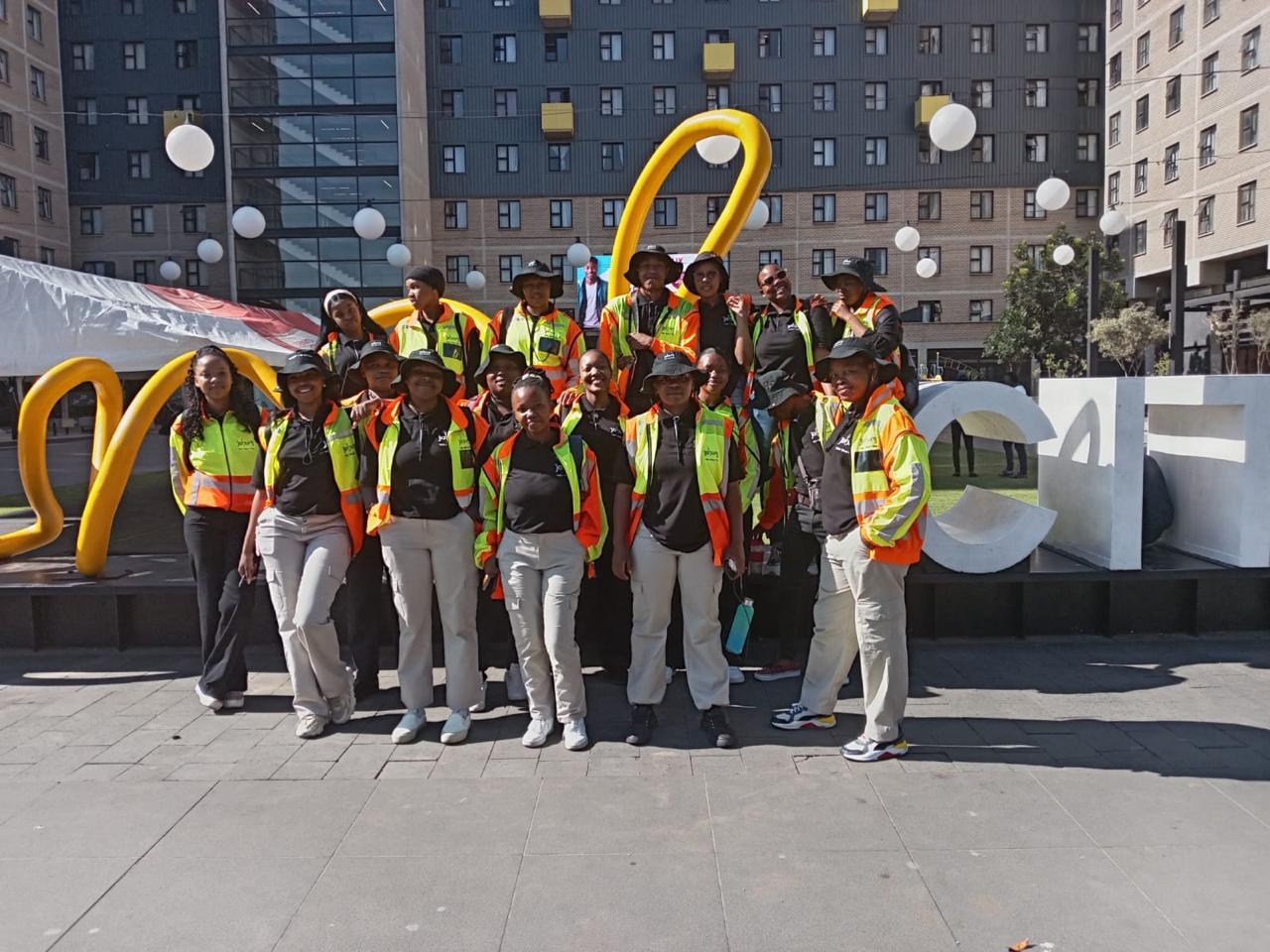Over the past few years, the South African public health system has steadily been collapsing. Buildings are falling to pieces, there are not enough medical personnel to treat the numbers of patients who need care, and people are dying.
According to section 27 of the Constitution, everyone has the right to have access to healthcare services, including reproductive healthcare. Often we make the assumption that this means everyone will receive equitable treatment, but this is frequently not the case when people seek services in the public healthcare sector. For many South Africans, that right is just an illusion.
For thousands of people, every day there are many obstacles to attaining adequate healthcare services. These include having to queue outside medical facilities from 4am in the hope of being attended to before lunchtime, being turned away due to medicine shortages (or, in the case of non-South African citizens, because they have no money), not being able to access emergency medical services and, in some cases, not being able to see a doctor at all. This is the appalling reality of some areas of the public healthcare system today.

The state is failing to provide people with one of their most basic socio-economic rights. The right to healthcare is fundamental to all humans. In 2019, as we celebrate our 25th year of democracy, it cannot be correct that the majority of people in this country have to seek healthcare from a system that is teetering on the brink of collapse.
Despite the work reportedly being done to fix the current primary healthcare system, patients still face a barrage of problems, even at facilities that are proclaimed as “ideal clinics”, a term introduced in relation to the envisaged National Health Insurance (NHI). In some instances, medical personnel aren’t even aware that the facility they work in is an ideal clinic.
Millions have been spent on piloting the NHI, but we have yet to see the benefits or any changes resulting from these projects. The most concrete step taken to date in assessing the health system was the Competition Commission’s Health Market Inquiry, which conducted an investigation into the private healthcare market. While the commission has yet to publish its final report, indications from its preliminary report are that private healthcare demand is driven by hospitals, doctors and specialists and that such services are unaffordable for most South Africans.
There are no winners in this system. Doctors are either fed up or nowhere to be seen, nurses are exhausted, hospital buildings are crumbling, and babies and their mothers are dying every day from perfectly curable or manageable conditions.
And until we come together to fix the broken healthcare system, we will lose dedicated doctors and nurses, and we will lose innocent and productive lives. We are doing our economy a disservice by failing the majority of its people.
The time to fix the healthcare system is now. It is time to go to the most remote rural villages in our land and ensure that they can access adequate healthcare services. If even one person has to queue at 4am to get medical attention, the job has not been done. Equality is not just about having a clinic to go to; it is also about having all the necessary resources in that medical facility for a service to be provided. Health rights are human rights.
Nomatter Ndebele is the communications officer for Section 27

 +27 11 381 3100
+27 11 381 3100
